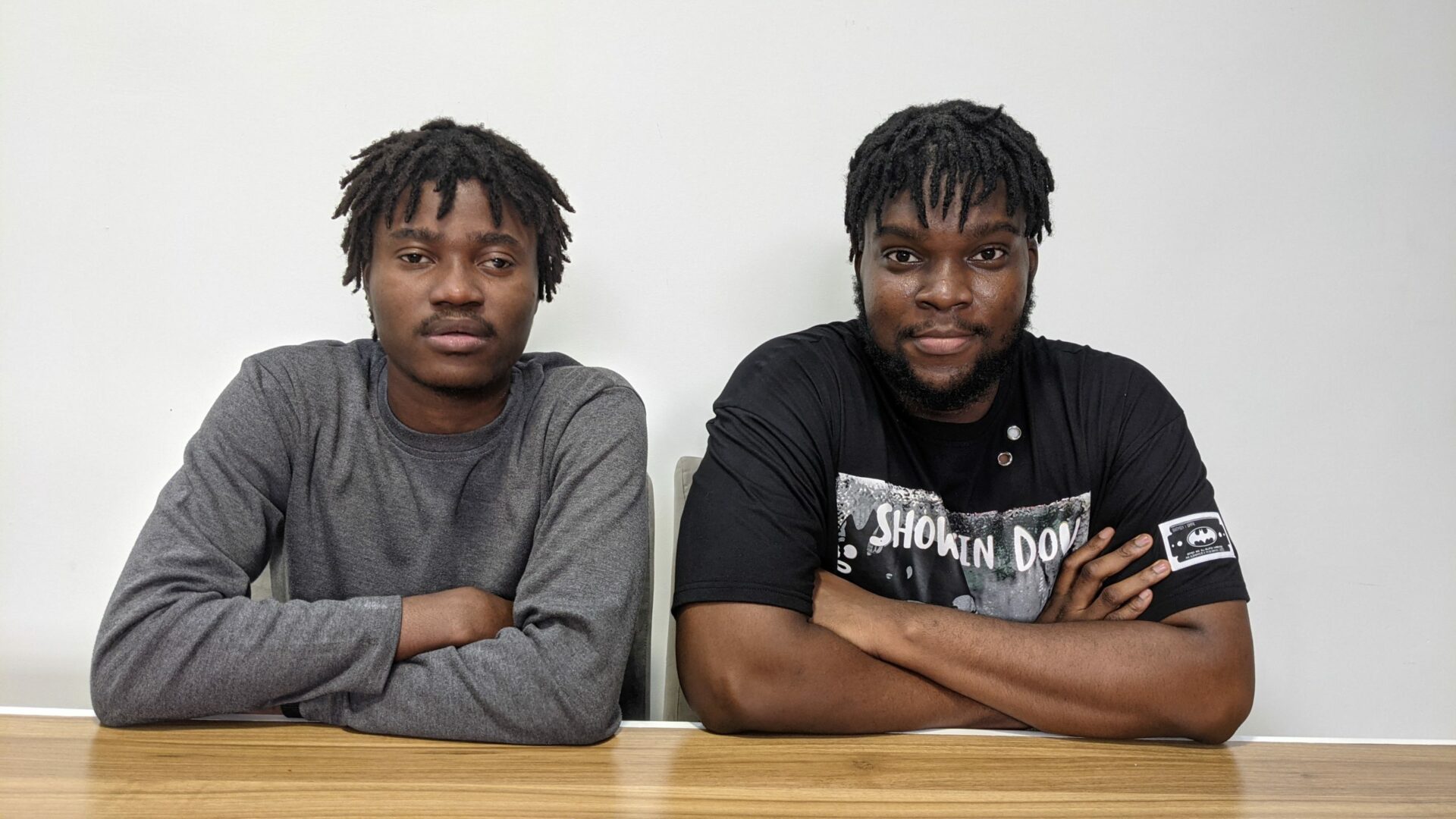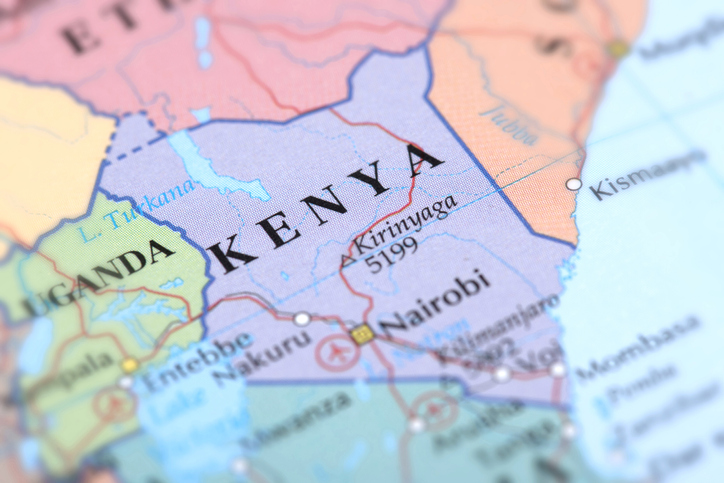Thepeer, a Nigeria-based API startup that raised a $2.1 million seed round in June 2022, has shuttered its business and will return its remaining capital to investors after failing to scale, the company said in a statement on Monday.
The three-year-old startup said it closed shop after realising its exceptional technology alone wasn’t sufficient. “Our unique service had its challenges, the first being compliance issues. Additionally, the overall acceptance of wallets as a viable payment option didn’t grow as rapidly as we had hoped,” it said.
Thepeer used its APIs to provide an alternative network where fintechs and businesses can embed different sets of products into their applications and websites for easy money movement by their customers. It hoped to connect wallets across over 400 fintechs across the continent to enable payments.
Thepeer is the second startup to return remaining capital to investors in 2024 after Cova, a wealthtech startup, closed down in like manner, demonstrating the challenges in building fintech businesses on the continent.
Launched in April 2021 by co-founders Kosisochukwu Chike Ononye and Michael “Trojan” Okoh, the business hoped to power infrastructure for mainly fintech businesses, from small to medium-sized. According to Crunchbase, it raised a pre-seed round of $220,000 from investors including Ezra Olubi, Paystack Co-founder, and Prosper Otemuyiwa, Edenlife CTO.
A year later, it raised a $2.1 million seed round led by the Raba Partnership. Other investors included RaliCap, Timon Capital, BYLD Ventures, Musha Ventures, Sunu, and Uncovered Fund.
In 2022, the startup claimed its monthly transaction volume had reached millions in dollars, with an average month-on-month (MoM) transaction growth of 161%. The company also had plans to expand to other African countries, including Kenya, South Africa, and Egypt. Thepeer has now admitted that despite all that growth; it failed to align its product with the market’s needs.
To realign and focus on what matters, both founders have decided to place the product in maintenance mode for the interim. “We’ll work to maintain the platform for as long as possible until we discover a new home for it,” the statement added.






















